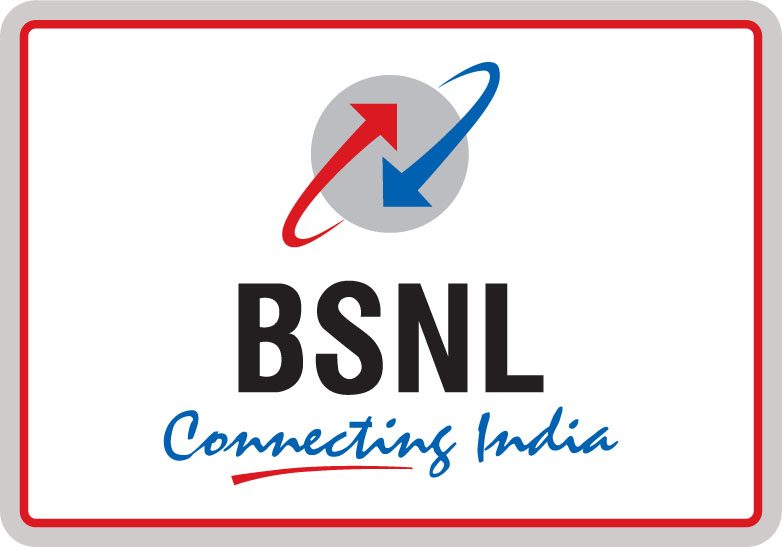India's BSNL introduces Wi-Fi module for vehicles

India state-owned telco Bharat Sanchar Nigam (BSNL) has introduced Wi-Fi module for vehicles.
According to a Times of India report, the Wi-Fi module costs 5,000 rupees (US$92) to 6,000 rupees (US$110), with speeds of 3.5 Mbps using existing CDMA technology within India.
An exterior antenna mounted to the vehicle also boosts signal strength for the Wi-Fi module. It's currently installed and being used for the official vehicle of BSNL's Indore unit's General Manager, GC Pandey, as the module Wi-Fi module is available for vehicles in Indore.

BSNL expects the Wi-Fi module to quickly catch on and become popular with Indian consumers.
My first question is how would roaming be accommodated with the Wi-Fi modules? Currently, legislation involving roaming in tariffs and rates is changing, as roaming is supposed to be free across India by October 2013.
As far as I know, there aren't any other similar Wi-Fi module options available within India. Perhaps one reason for this is because of the penetration of mobile Internet dongles, already popular in the metros within India.
Last year, I signed up for a 12-months contract with Tata Photon for their mobile Internet dongle connection. While it worked great in New Delhi, as I roamed across India, not only did bandwidth and signal strength decrease, eventually my speeds were decreased until the next billing cycle because I was roaming. Even then, many Web sites either took longer than usual to load, or the connection would not be complete. Overall, it wasn't the greatest experience and again, this was using Tata’s CDMA network.
The vast majority of commuters within India use public transport, be it auto-rickshaws, buses, taxis and trains. Then there are the masses who have their own private driver and private vehicle. BSNL could potentially tap into a wider spectrum by offering the Wi-Fi module for buses, taxis and trains. I have seen commuters using mobile Internet dongles while commuting to and from work, so clearly, the need to be connected is there. The real question is would this be accepted, implemented, and then used amongst users?
That is, if BSNL were to install these Wi-Fi modules for public transportation, a payment mechanism would have to also be implemented for users.
Again, here is another realistic hurdle: the majority of transactions in India are done in cash, even topping up credit for mobile phones on pre-paid connections. How would BSNL be able to accommodate cash payments for using their Wi-Fi modules? One solution would be to distribute pre-paid Internet usage cards, as the major Indian telecom operators already do for their 2G and 3G services.